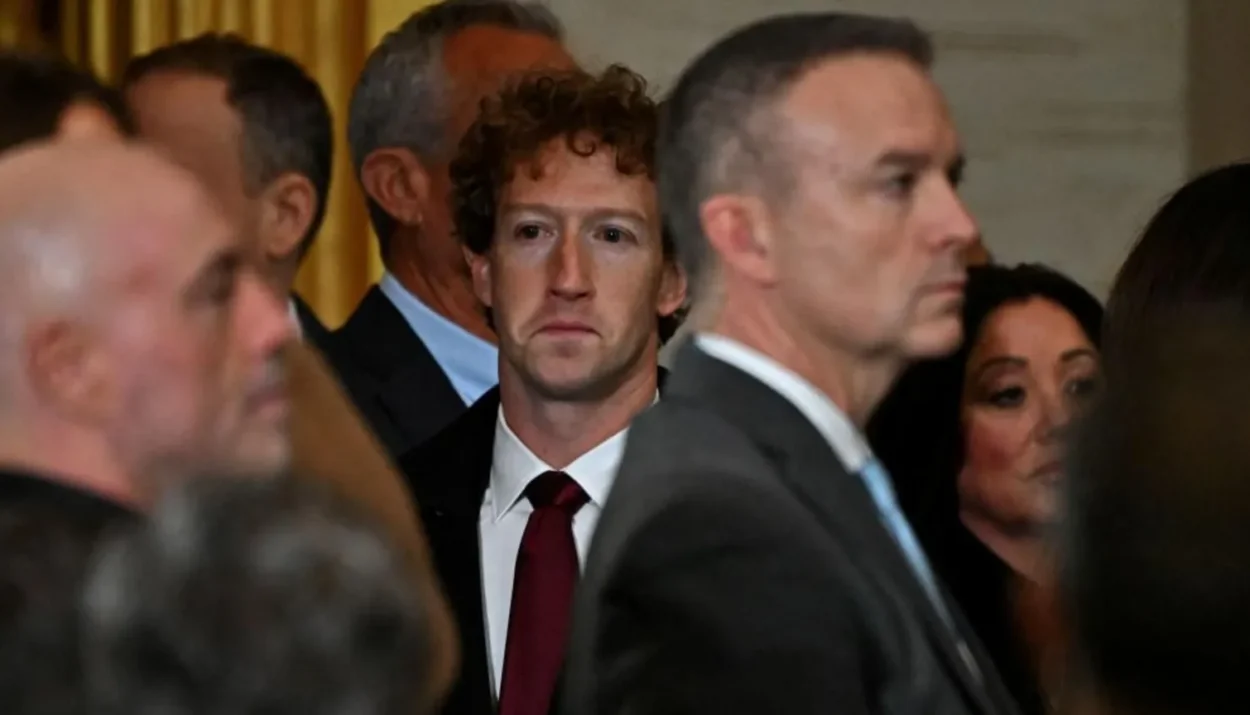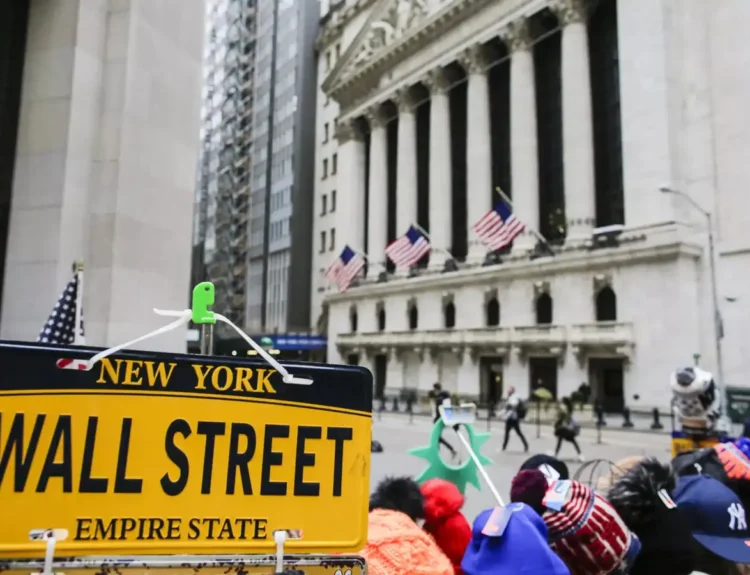- The landmark FTC v. Meta antitrust trial kicks off this Monday in Washington, aiming to force Meta to divest Instagram and WhatsApp over claims of monopolistic acquisitions.
- The FTC accuses Meta of buying rising competitors — Instagram in 2012 and WhatsApp in 2014 — not to innovate, but to neutralize competition and entrench dominance in social networking.
- U.S. District Judge James Boasberg will preside over the high-stakes case, expected to last up to eight weeks, with Meta CEO Mark Zuckerberg, Sheryl Sandberg, and Adam Mosseri set to testify.
- FTC Chair Andrew Ferguson, appointed by Trump, declared Meta is “certainly” a monopoly and says his team is “raring to go,” though he noted he would “obey lawful orders” if directed to drop the case.
A Decade Later, Meta’s Deals Are Back on Trial
Though the FTC originally approved both acquisitions over a decade ago, the agency now argues that they were part of a calculated strategy to eliminate future rivals. Key evidence may come from Zuckerberg’s own emails, where he allegedly wrote,
“It’s better to buy than to compete.”
Meta is expected to counter with the consumer benefit argument — that Instagram and WhatsApp improved under its ownership, gained security, and scaled globally thanks to Meta’s resources.
But the FTC believes intent matters, especially when internal communications reveal acquisition strategy as an anti-competitive weapon.
Zuckerberg’s Trump Pivot
In the backdrop of the trial is a deepening relationship between Mark Zuckerberg and Donald Trump. Since Trump’s re-election, Zuckerberg has:
- Donated $1 million to Trump’s inaugural fund
- Appointed UFC’s Dana White, a close Trump ally, to Meta’s board
- Ended independent fact-checking on Facebook and Instagram
- Settled Trump’s lawsuit for $25 million after banning him from Meta’s platforms
Zuckerberg has reportedly visited Mar-a-Lago to lobby Trump directly, urging him to intervene and drop the case. Meta has not denied those reports.
Still, no deal has been made. And despite speculation, the case is moving forward — for now.
Politics in the Courtroom
The trial is also unfolding amid broader political pressure on the FTC itself. Earlier this year, Trump fired two Democratic FTC commissioners, reducing the commission to a Republican majority until last week. Fired commissioners say the move was designed to intimidate the agency and send a message to current members.
Rebecca Slaughter, one of the ousted Democrats, warned:
“If they don’t want to do a favor for Trump’s political allies, they’re on the chopping block too.”
This raises questions about how independent the FTC remains under the Trump administration — especially as Chair Ferguson has publicly stated that independent agencies are “not good for democracy.”
Tougher Than Google?
Unlike the DOJ’s recent win against Google’s search monopoly, legal experts say the FTC’s case against Meta is an uphill battle. Why?
- The social media market is crowded, with TikTok, YouTube, X (Twitter), and iMessage all competing for user attention.
- Meta argues these platforms already compete, and that the FTC is punishing success rather than misconduct.
Laura Phillips-Sawyer, a law professor at the University of Georgia, notes:
“They have a long road before any consideration of divestiture of Instagram or WhatsApp is even on the table.”
Finblog Takeaway:
Meta’s courtroom showdown could reshape Big Tech — or backfire spectacularly for regulators.
- If the FTC wins, Instagram and WhatsApp could be spun off, triggering massive market and operational upheaval for Meta.
- If Meta wins, it sends a chilling message: Big Tech can buy out rising threats and regulators will be too late to stop them.
But don’t count on a clean verdict.
A mid-trial settlement remains possible, especially if Trump sees political benefit in cutting a deal. For now, though, the battle is on — and Zuckerberg is finally on the defense.
Disclosure: This article does not represent investment advice. The content and materials featured on this page are for educational purposes only.
Related:
China Chokes Rare Earth Exports — US Supply Chains Face Major Shock
Tariffs on Phones and Microchips Will Return — Electronics Exemption Only Temporary
90 Deals in 90 Days?: Experts say good luck with that
China strikes back with 125% tariffs on U.S. goods, starting April 12
Tesla stops taking new orders in China
145% Tariffs and a Global Showdown: China Rejects US “Arrogance”
EU to impose retaliatory 25% tariffs on US goods from almonds to yachts
Trump Raises Tariffs On China To 125% After Beijing’s 84% Move










